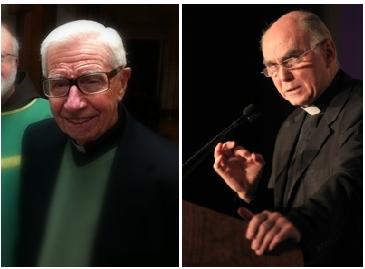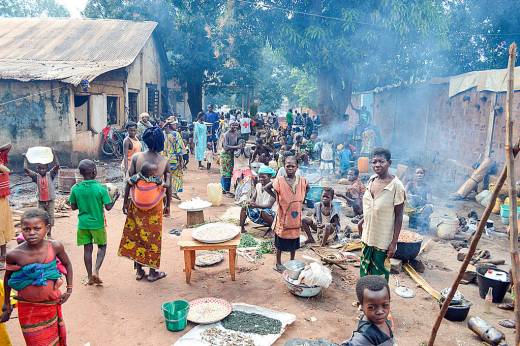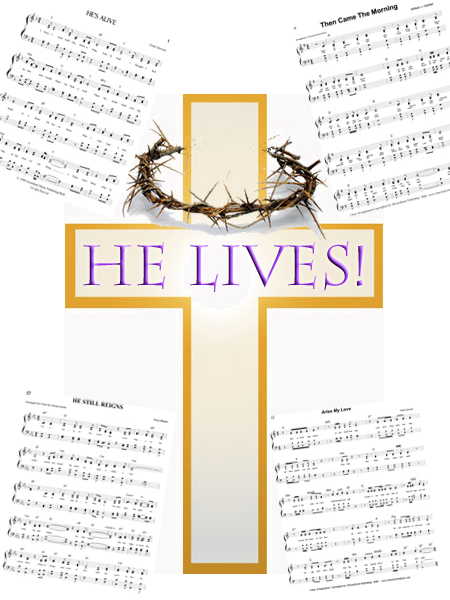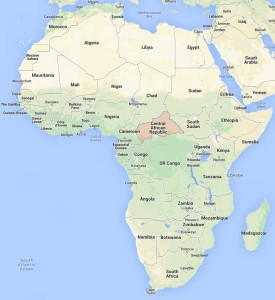 The Central African Republic (CAR), a land locked region in Central Africa, is home to 4.6 million people and is about the size of Texas. Its population is composed of 85 % Christians and 12 % Muslims. Since its independence from France in 1960, the CAR has been politically unstable and state authority is weak in many areas of the country. It has been ruled by a series of military coup leaders and politicians who have depleted natural resources for their own benefit and neglected the needs of its people. Life expectancy is only 49 years of age and the mean average years of education is a mere 3.5.
The Central African Republic (CAR), a land locked region in Central Africa, is home to 4.6 million people and is about the size of Texas. Its population is composed of 85 % Christians and 12 % Muslims. Since its independence from France in 1960, the CAR has been politically unstable and state authority is weak in many areas of the country. It has been ruled by a series of military coup leaders and politicians who have depleted natural resources for their own benefit and neglected the needs of its people. Life expectancy is only 49 years of age and the mean average years of education is a mere 3.5.
The most recent stage of unrest started in December 2012 when an alliance of forces, the rebel group Seleka, overthrew the democratically elected President and seized large parts of the country. The Seleka militia are largely foreign mercenaries from Chad and Sudan. They are an occupying force that has violently attacked homes, schools and places of worship, often targeting Christian communities. In the CAR Christians and Muslims have always enjoyed good relations – but now Christian militia are being set up for self protection and the outsiders are stirring up a local divide.
According to the United Nations, the fighting has internally displaced approximately 15% of the population and 300,000 civilians have fled to neighboring countries. Both Amnesty International and Doctors without Borders report that its staff has witnessed killings of civilians and the destruction of medical facilities in CAR’s capital, Bangui.
Presently there are 6,000 African troops and 2,000 French troops on the ground in the CAR. Their intention is to make cities safe and to also protect civilians living in the bush, where they have been hiding in fear for their lives. The United Nations Security Council is debating ramping up this force to a 12,000 strong peacekeeping unit to protect civilians and eventually add civilian specialists to rebuild state institutions.
Currently the CAR has no institutions that can deliver basic services and no capacity to stop the violence. The United Nations estimates that 50% of the population is in need of aid. The local fighting, mass displacement and economic collapse have disrupted the agricultural planting and harvesting season. There is a looming food crisis and many are on the brink of starvation. The World Food Program estimates over 1 million people face “serious food insecurity”. Also millions of people could be at risk of communicable diseases with the upcoming rainy season. With worsening sectarian violence, the UN Secretary General Ban Ki-moon is concerned that the unrest could spiral into genocide. Just this week the UN called the situation “extremely grave” and urged for immediate action to avoid a worsening crisis. As Fr. Nestor writes in his email message:
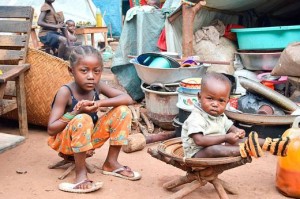 “The crisis has thrown almost everybody in the street, rather into the bush. People are living like animals; they completely lost their dignity. In that regard, the needs we are faced with are many and huge:
“The crisis has thrown almost everybody in the street, rather into the bush. People are living like animals; they completely lost their dignity. In that regard, the needs we are faced with are many and huge:
a. helping the people to rehabilitate their burnt houses;
b. helping the people to start new farms;
c. equipping the people with NFIs (Non Food Items);
d. assisting the people with food.”
In this situation of chaos the Catholic Church stands as the only national institution that is still operating and serving the needs of the people.

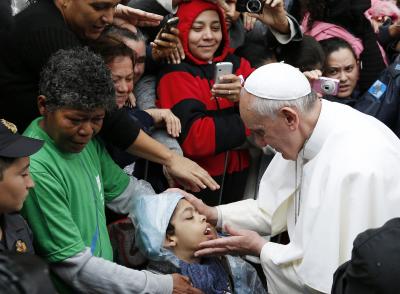
 Registration closes this Sunday, March 23 for the St. John’s Easter Youth Choir. Children in grades 1-8 are invited to participate in this choir that will sing at the 9:00 AM Family Mass on Easter Sunday, April 20, 2014. High School Assistants are welcome. There are 5 rehearsals: March 16, March 23, March 30, April 4, and April 13. All rehearsals are from 10:50-11:50am in the Chapel.
Registration closes this Sunday, March 23 for the St. John’s Easter Youth Choir. Children in grades 1-8 are invited to participate in this choir that will sing at the 9:00 AM Family Mass on Easter Sunday, April 20, 2014. High School Assistants are welcome. There are 5 rehearsals: March 16, March 23, March 30, April 4, and April 13. All rehearsals are from 10:50-11:50am in the Chapel.
